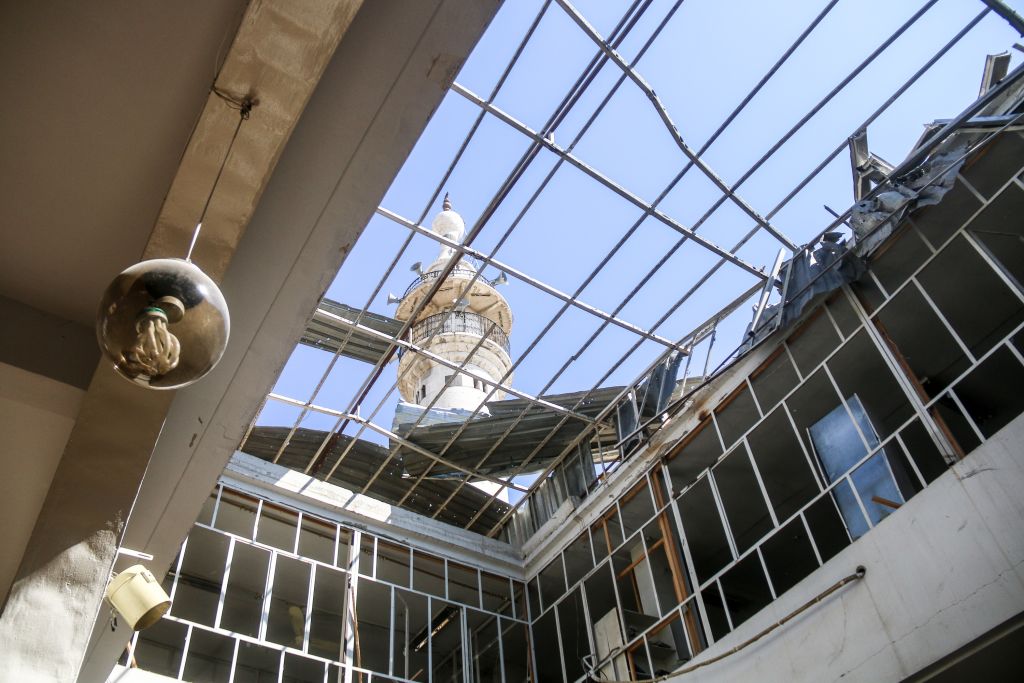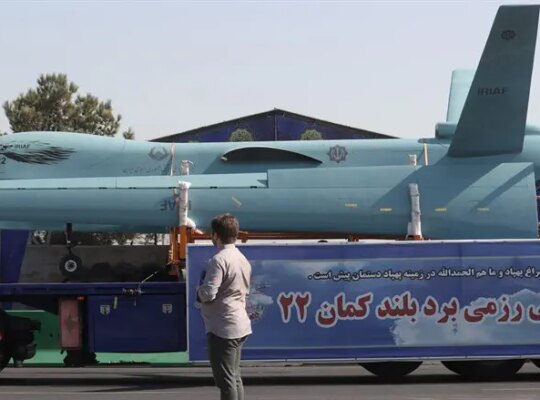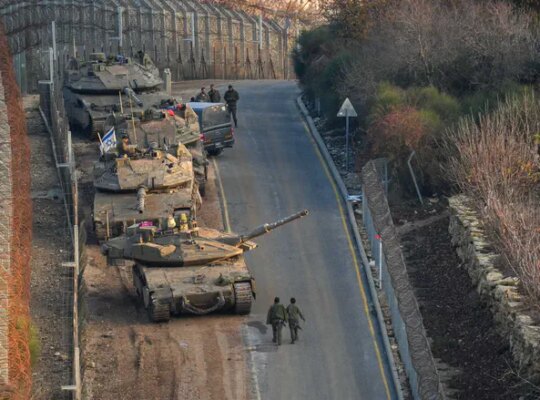
A wave of US airstrikes have pounded ISIS targets in Syria following the stunning collapse of the savage Assad regime over the weekend.
According to a statement from U.S. Central Command, dozens of B-52 bombers, F-15 fighter jets, and A-10 attack aircraft struck more than 75 ISIS targets across central Syria on Monday to prevent the terror group from exploiting the country’s political upheaval.
“There should be no doubt that we will not allow ISIS to reconstitute and take advantage of the current situation in Syria,” said Central Command chief Gen. Erik Kurilla. “All organizations in Syria should know that we will hold them accountable if they partner with or support ISIS in any way.”
Meanwhile, approximately 900 U.S. troops stationed in northern and eastern Syria remain in position to train Kurdish militias and prevent ISIS resurgence. In remarks on Sunday afternoon, President Joe Biden said these U.S. troops will be protected.
“We will help ensure stability in eastern Syria, protecting any personnel — our personnel — against any threats and … our mission against ISIS will be maintained including security of detention facilities where ISIS fighters are being held as prisoners,” he said.
However, senior lawmakers are expressing concerns.
“The security situation is like a Dumpster fire and a trainwreck all wrapped up in a Sharknado,” said Sen. Joni Ernst (R-Iowa) of the Senate Armed Services Committee, adding it was “bad news for the United States as we are really trying to stabilize the region.”
As for President-elect Trump, who previously attempted to end U.S. troop presence in Syria during his first term, he is advocating against American involvement in the conflict.
“Syria is a mess but is not our friend, and the United States should have nothing to do with it. This is not our fight. Let it play out. Do not get involved!” he wrote on his Truth Social platform.
News of the US airstrikes comes at a critical moment as Syria faces its most dramatic political transformation in half a century. A surprisingly lightning-fast rebel offensive by Turkish-backed Hayat Tahrir al-Sham has toppled Bashar Assad’s 50-year family dynasty, chasing government forces from Aleppo before capturing Damascus on Saturday.
Assad’s downfall carries far-reaching implications for regional power dynamics. Russia, which is reportedly harboring the former dictator and his family, stands to lose both its sole foreign air base and its only overseas naval facility. Iran faces the potential severing of crucial supply routes to Hezbollah in Lebanon and the loss of its Mediterranean access.
Concerns for Israel’s safety have also emerged, over fears extremist groups might gain access to Assad’s chemical weapons stockpile.
According to Ynet, Israel’s air force bombed a chemical weapons storage facility near Syrian capital Damascus on Sunday and targeted advanced weapons systems and warehouses to keep them out of the hands of the rebels. IDF tanks and infantry troops have also been moved into the demilitarized zone of the Golan Heights along the Israel-Syria border.












